What Characteristics Make a Pilot?
When you think of a pilot, all the cliché images that flash across your brain do have some basis for truth; the suave, smiling pilot with twinkling eyes behind a pair of Ray Ban sunglasses is a predominant image (if you don’t believe me, just Google “pilot”), but there is actually a lot going on behind those sunglasses. “Pilot” is one of those rare words that is both a noun and a verb, which is fitting because a pilot is also two things at once; a person who has also become a pilot. Once you become a pilot, you will never be that person you were before. It is two separate people. With the giant caveat that there are always exceptions to the rule, the question is; what traits do pilots have that make them a “pilot”?
There are many specific categories and career choices in aviation, but generally, the higher, faster and heavier the airplane, the more distinct the characteristics of pilots become. For our purposes, we have to start from the beginning since every pilot started out as a student. From the beginning, there are general traits for this entire group that separates them from the masses of ground pounders who will never even want to fly an airplane. The basic characteristics of all pilots begin with:
Pilots In General (with any additional license, just not for hire)
1) Still Waters Run Deep: First and foremost, pilots have a general ability to control their outward emotions, even if the world is falling apart around them. They have a low predisposition for psychological distress and have found a way to compartmentalize their emotions. This means that their general outward demeanor is controlled and calm, even if their mind is reeling during times of stress. This creates a balance that allows pilots to handle incoming information to be rationally translated in the mind. The result is a physical reaction which correlates properly to the emergency at hand. What you’ll see from the outside is a calm, cool pilot telling ATC that since all their engines are inoperable, they’re just going to set it down in the Hudson River. They aren’t screaming, “Oh my God, help!” They’re just calming rationalizing that there is only one choice – and that’s landing in the river.
2) Elevated and Determined Curiosity: Pilots as people start out with an elevated level of fascination and curiosity. Those with a higher level of curiosity tend to be more “present” in their daily lives and unknowingly seek a higher level of stimulation. Sure, hundreds of thousands of people come to airshows and they are all fascinated with aviation, but those with an innate and determined sense of wanting to understand and become something other than an observer will take the next step by walking into a flight school and asking for information. Just walking in the door takes confidence and this is where it all begins.
3) Self- Discipline/Evaluation Skills: Learning to transfer curiosity into applicable knowledge can give you brain overload, so the people who can handle this onslaught of information have a greater analytic ability, problem-solving skills and overall intelligence – but, like I said, there are exceptions. The more important aspect is that these people also have meaningful self-evaluation of those abilities. Safe and successful pilots internally accept when they make a mistake and will learn from it rather than denying it or placing blame elsewhere. Being honest with yourself and your abilities sometimes feels like defeat, but pilots that want to make this their profession will understand the importance of self-evaluation because they’ll want to operate within their circle of safety. They’ll admit to themselves when the situation (weather, equipment, difficult airport, etc.) is beyond their skillset. This is a form of self-discipline which is an important element of a pilot’s personality and keeps them safe as they progress through each level of licensing. Having self-discipline is doing the right thing when no one is looking. Pilots tend to incorporate self-evaluation and self-discipline throughout their entire lives to satisfy their own ego and the peripheral affect is confidence. They seek their own approval so that they can be proud of themselves.
4) Spatial Orientation: Besides being in good physical condition, pilots don’t usually make it to their private license unless they have spatial orientation. You either have it or you don’t and no matter how hard you study, it’s an innate ability you can’t learn. Spatial orientation is our natural ability to know where we are in space – which way is up or down, north or south – while moving through the air. 5 to 10% of all general aviation accidents are attributed to spatial disorientation and 90% of those are fatal1. For those that get airsick, or have difficulty judging if they are 5 feet or 50 feet off the runway, they will learn quickly that even though they are highly intelligent and passionately want to fly, they can’t overcome this limitation. Every pilot deals with spatial disorientation in IMC by using the information the instruments give them and can easily overcome the dizziness that comes with it, but for others, their ear canals will forever ground them.
There are a variety of external reasons why a pilot doesn’t continue on past their private license. Primarily, financial and family constraints place the largest barrier in front of many pilots. Other private pilots are excellent aviators, but they want aviation to just be a part of their lives rather than their entire life. The other segment of pilots that make the monumental decision that nothing can stop them from their seat in the sky, demonstrate the next level of integrated characteristics and it begins with: If there is a will, there is a way. Ever pilot sitting in the seat of an airliner has had obstacles to clear, but they’ve managed to find a way over.
Commercial Pilots/Professional Pilots (with any additional license, but trying to make aviation their career)
1) A Cubicle Would Be a Slow Death. While many people would cringe at the thought of working in a cubicle, the thought of working in a cubicle (without a view) would be hell on earth for most pilots. The irony is that the cockpit is one of the smallest cubicles you can work in, but the environment and view can’t be duplicated anywhere. Pilots seek high stimulation so the constant input of information found in a cockpit makes it their happy place. Pilots are mentally hyperactive so this constant change of input gives them satisfaction. Even though the autopilot takes care of the majority of hours sitting at altitude, no two moments are ever exactly the same and the pilot brain needs that kind of stimulation.
2) Extroverts. While pilots must have independent quiet time to recharge their brain and serenity, they tend to be outgoing and enjoy the company of others while at work. Airline pilots must work within inches of another person for hours at a time so at some point, they have learned how to get along with just about anyone. It might not have come naturally, but with Crew Resource Management training, they learn to play well with others. The dark side is that extroverts can exhibit more aggressive behaviors and hold true to their own identity so when two opposites are asked to fly together, sometimes there is a clash that can’t be worked out. All airlines should honor those pilots that speak up and ask not to be paired with another aviator. When pilots are done flying, you’ll usually find them alone and enjoying the company. They need sensory deprivation to balance the overload that they get at work.
3) An Inch Deep, But a Mile Wide. A Bachelor’s Degree doesn’t necessarily make you smarter; it just broadens your knowledge base to an inch deep and a mile wide. Pilots need degrees to get hired these days. Many pilots study something completely unrelated to aviation, but in this career path, it often doesn’t matter. Employers are simply looking at a person’s ability to put in the effort to study and learn at a higher level. It reinforces the self-discipline trait and those that can figure out how to make enough money, or be confident enough to take on six figure student loans, will thrive. The peripheral effect of all this education is that pilots are interesting people! They have a wide base of topics (besides aviation!) they can talk about and they aren’t afraid to add their opinion although they don’t spend too much time being intellectual.
4) Do As I Say And Do. By the time a pilot makes it to the captain seat of an airliner, there isn’t much they haven’t seen, done or tried. All this knowledge gives them confidence with humility. Confidence with humility is the key to forging great leaders and the greatest leaders out there are sitting in captain’s seats. They’ve made mistakes, had close calls and each flight is safer for having done it. These captains have respect for aviation and can say “no” without hesitation if safety is going to be compromised. Copilots learn more from their captains than any textbook can teach – both the good and bad.
The Dark Side of Aviation
Every pilot has a different blend and balance of their own unique personality, but whatever the combination, it has tipped the scales enough to land them in a pilot seat. All pilots have some common denominator with the pilot sitting next to them which creates a deep comradery and trust. Pilots must trust each other with their lives, but they also learn to verify.
All pilots start out with dreams of magnificent flying machines. The glamour of that cool calm pilot with the Ray Bans calls to their soul. And in the beginning, it’s all that. The thrill of becoming a part of this society changes your perspective and personality. You become a pilot, but it has its drawbacks and these issues are often kept out of the sunshine.
1) Disenchanted. It’s heartbreaking to see the growing number of pilots who finally make to the airlines only to find that their lives are in shambles and they become disenchanted by the entire industry. After a few years of grinding their way through low pay, horrible schedules, furloughs, the complete disregard to a pilot’s circadian rhythm, crew scheduling Nazis, and days and weeks on the road, it makes pilots forget what it was that made them want to “fly” in the first place. They are weary, exhausted and frustrated with airline life and negativity spreads like Ebola. Happy pilots work for happy airlines, but with accountants making decisions, there aren’t many airlines that fit that category anymore. With the growing corporate aviation industry, this segment of flying is seeing more pilots staying here and being happy. The airlines, which in another era was a pilot’s main goal, does not have the appeal that it once held.
2) Tumbling Gyros. Tell an 18-year old pilot that one day, they’ll get married and have children and want to have a work/life balance, and you’ll see their eyes glaze over like you just said the most impossible thing. But, then it happens. Pilots have children and families and suddenly, waking up in an airport hotel in Timbuktu for the four hundredth time doesn’t give you the pleasure that it once had. The nature of the aviation beast is that you must be away from home. Spouses also start out with the idea of aviation being a glamorous life, but as each Christmas, birthday and special event is spent alone, the novelty wears off. Aviation is wrought with divorce, unhappy marriages, and soul crushing loneliness that wasn’t taught in ground school. Those that have complete loyalty to their career are often from broken homes or broken marriages and aren’t able to have lasting relationships outside of their career. Their careers become everything to them and when their age or some external force requires them to retire; there is nothing left to live for.
3) Weight and Balance. While pilots must still pass flight physicals, the reality is that there are too many pilots that are beginning to bend the scales and dealing with health issues2. With the abundance of good but often unhealthy food found at airports, followed by hours of sitting, pilots struggle to find time to fit physical activity into their schedule. Exhausted once they get home, many pilots find themselves in a viscous cycle of being too tired to exercise because they don’t exercise. Once pilots make it to the point where they have a regular and consistent flight schedules, then you’ll see the scale lightening up and health issues fading. It’s those years without a schedule, sitting reserve, working redeyes or picking up whatever flight hours you can that beats up your body.
For once you have tasted flight, you will walk the earth with your eyes turned skyward, for there you have been and there you will long to return.
This was spoken by Leonardo da Vinci, who would’ve been a pilot if he was born 470 years later. Aviation represents the best of mankind. As you see that shine in the sky, take a moment to honor the intelligent creativity that exemplifies what the human brain can do. Pilots are both born and created, but once they’ve left the earth for the first time, they will always rise above the crowd.
Footnotes:
1 The FAA. Spatial Disorientation. Pilot Safety. www.faa.gov/pilots/safety
2 Niles, R. (2013, November 17). FAA Medical Chief Targets Fat Pilots. Retrieved January 10, 2015.


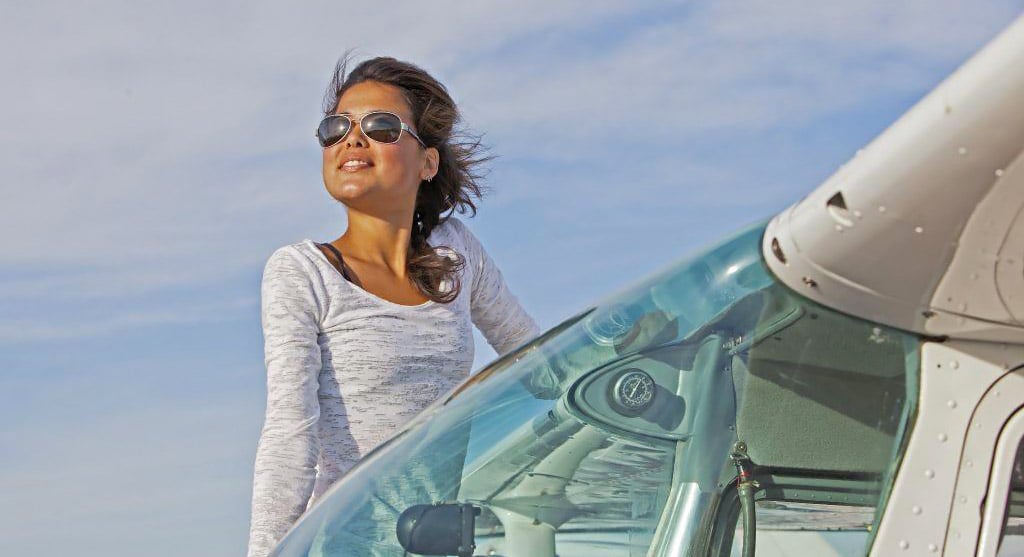
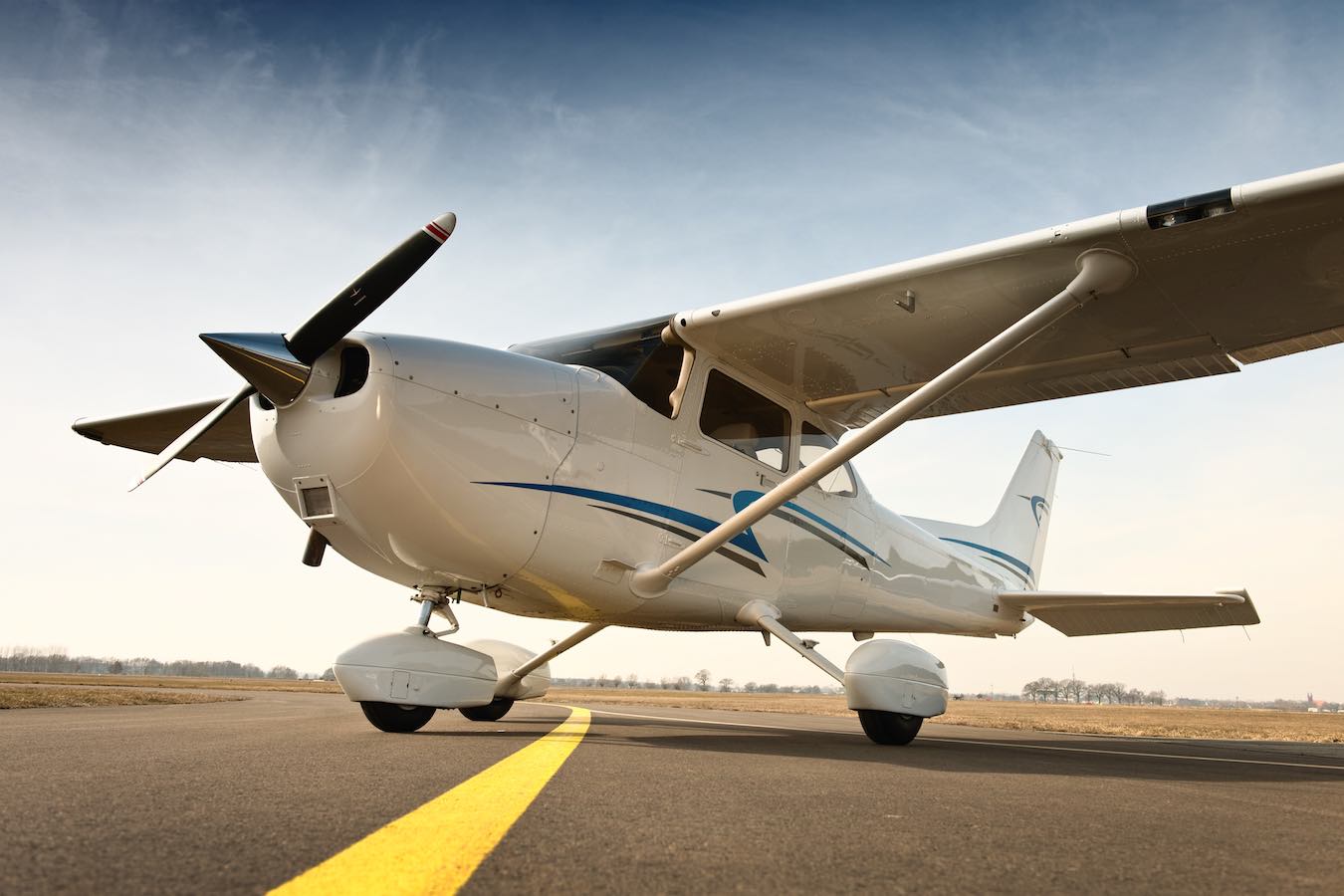
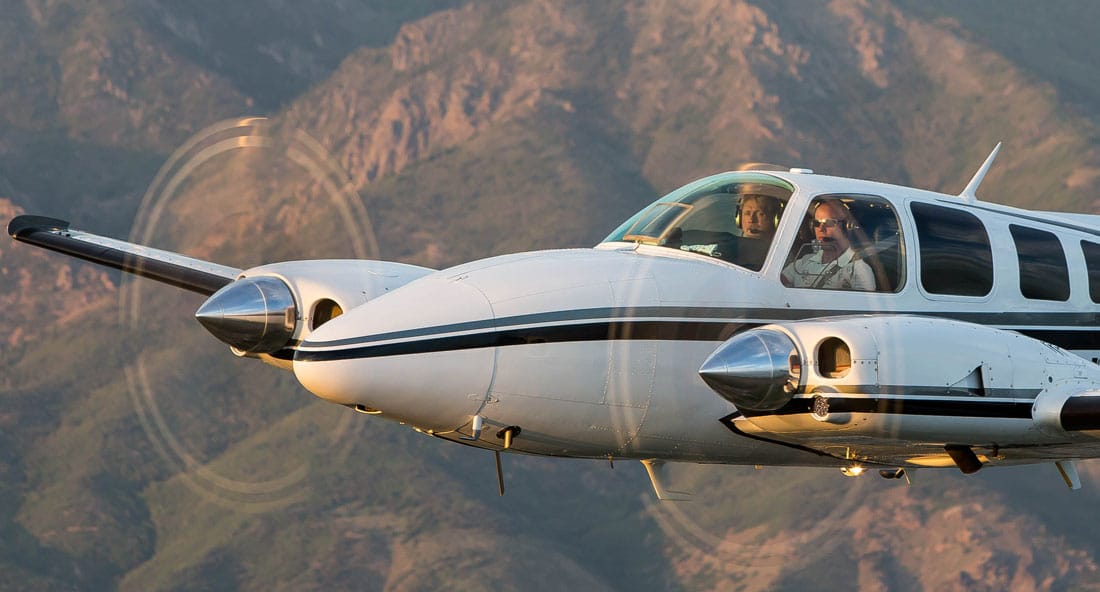
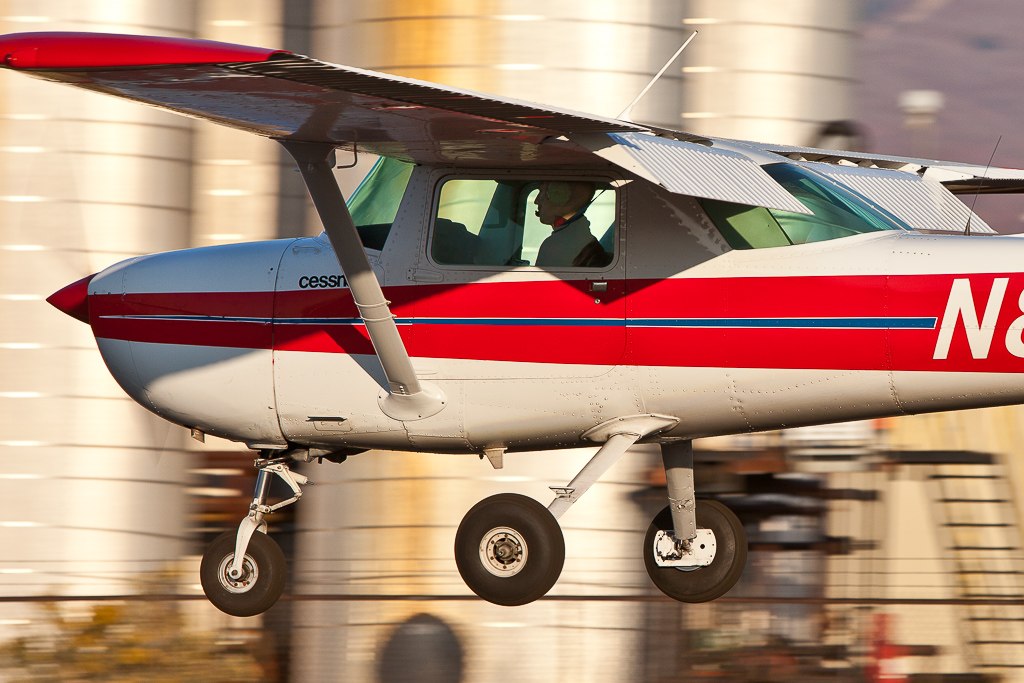
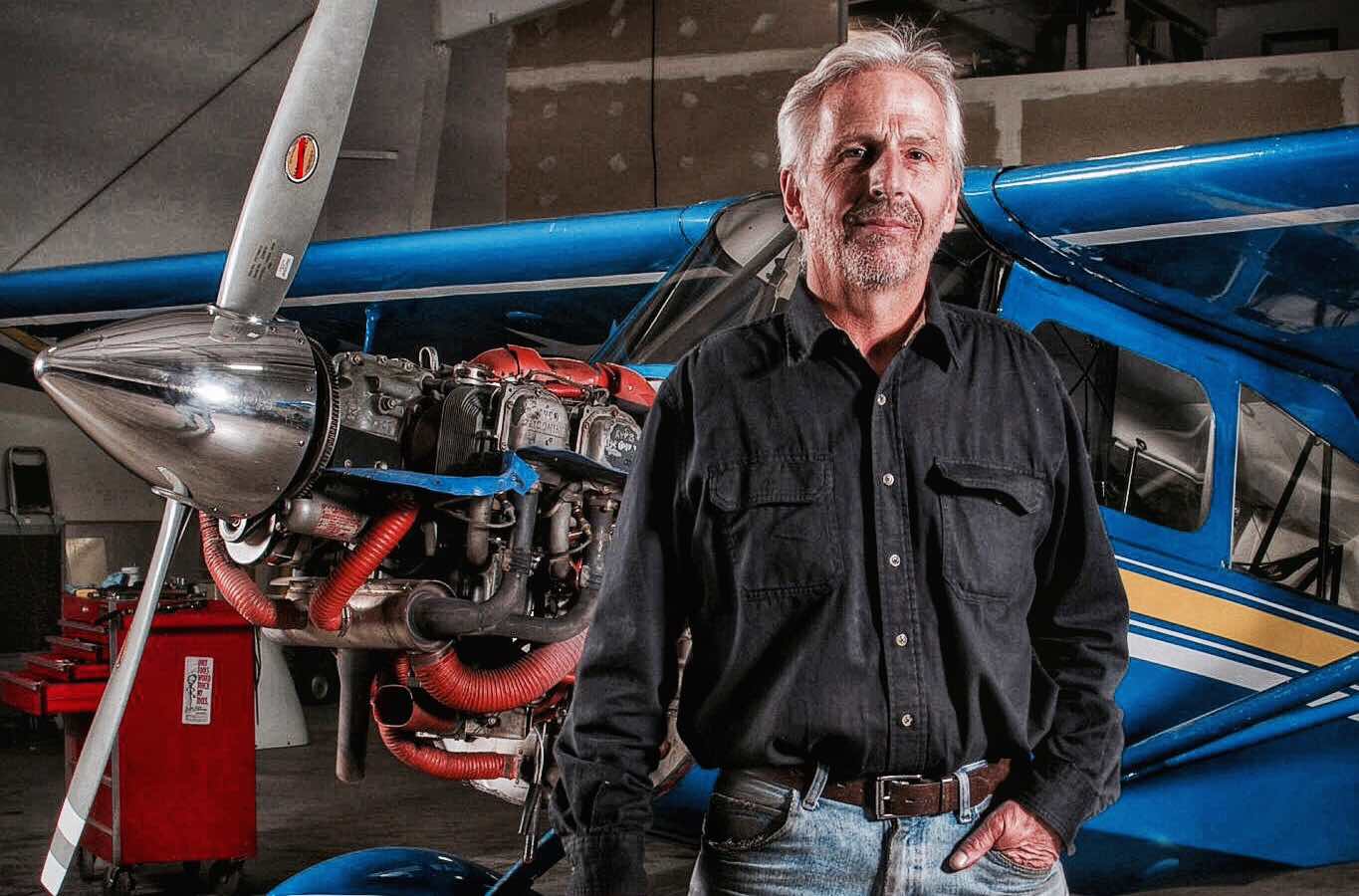
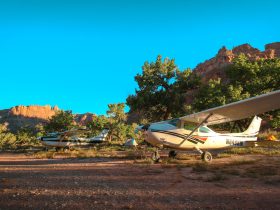
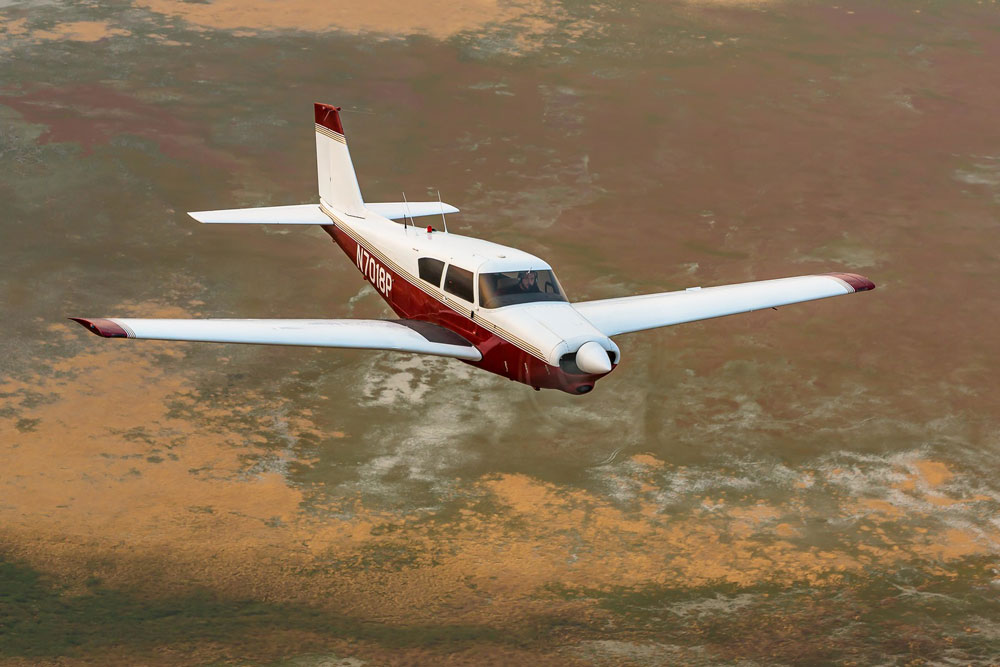
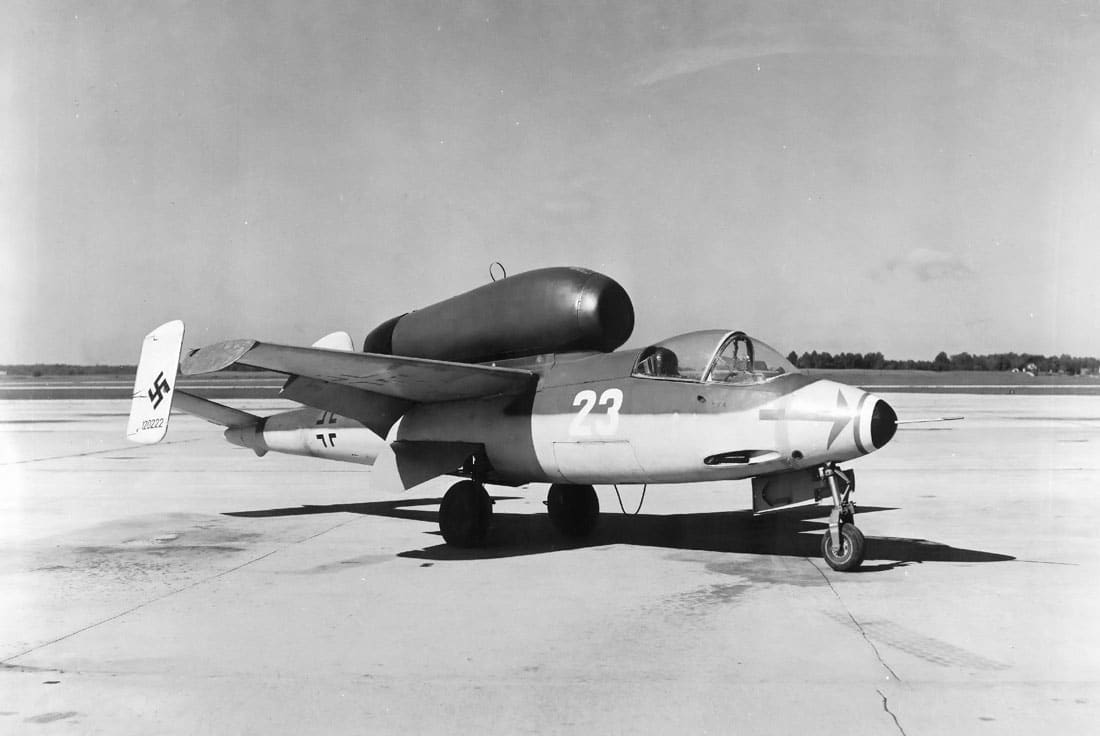
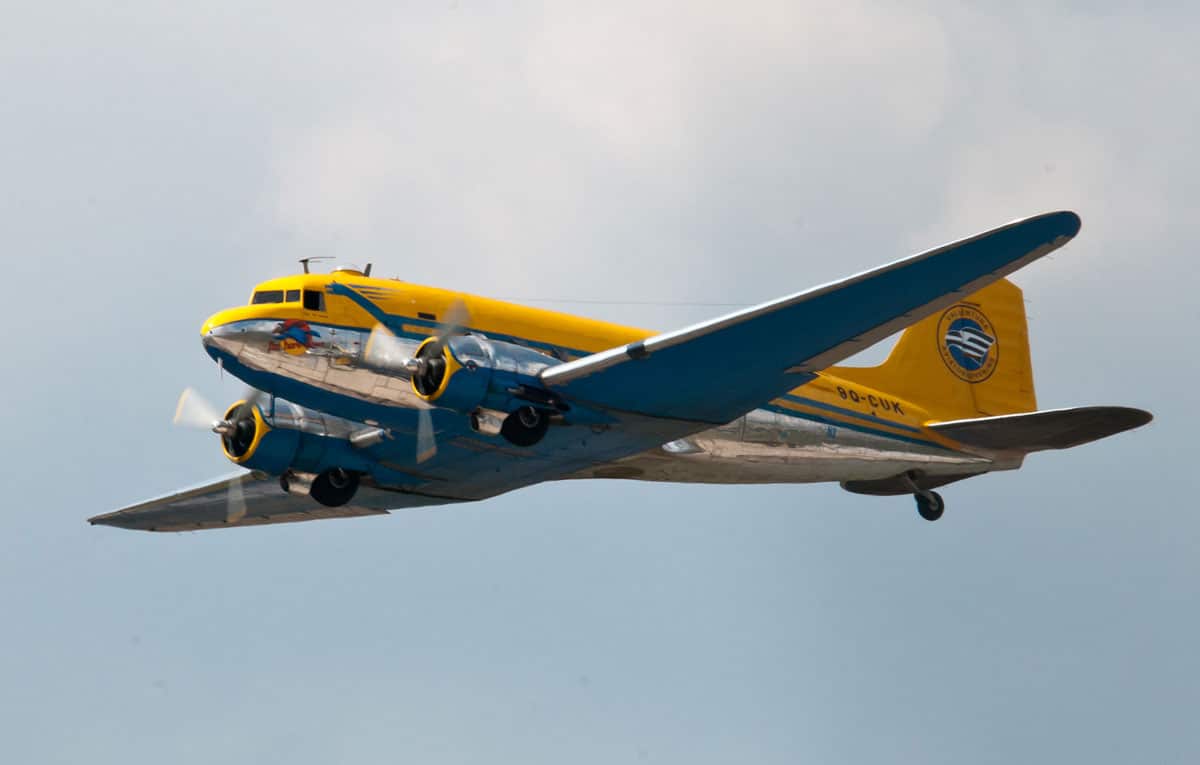
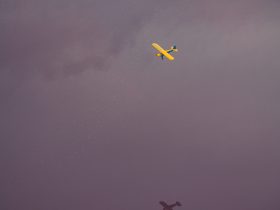
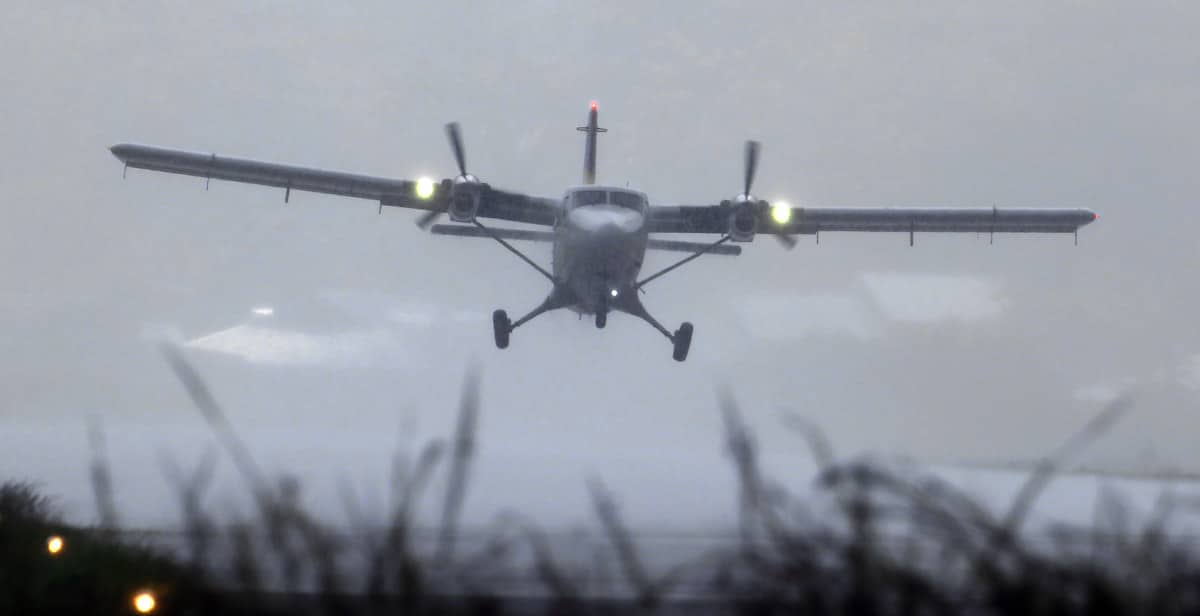
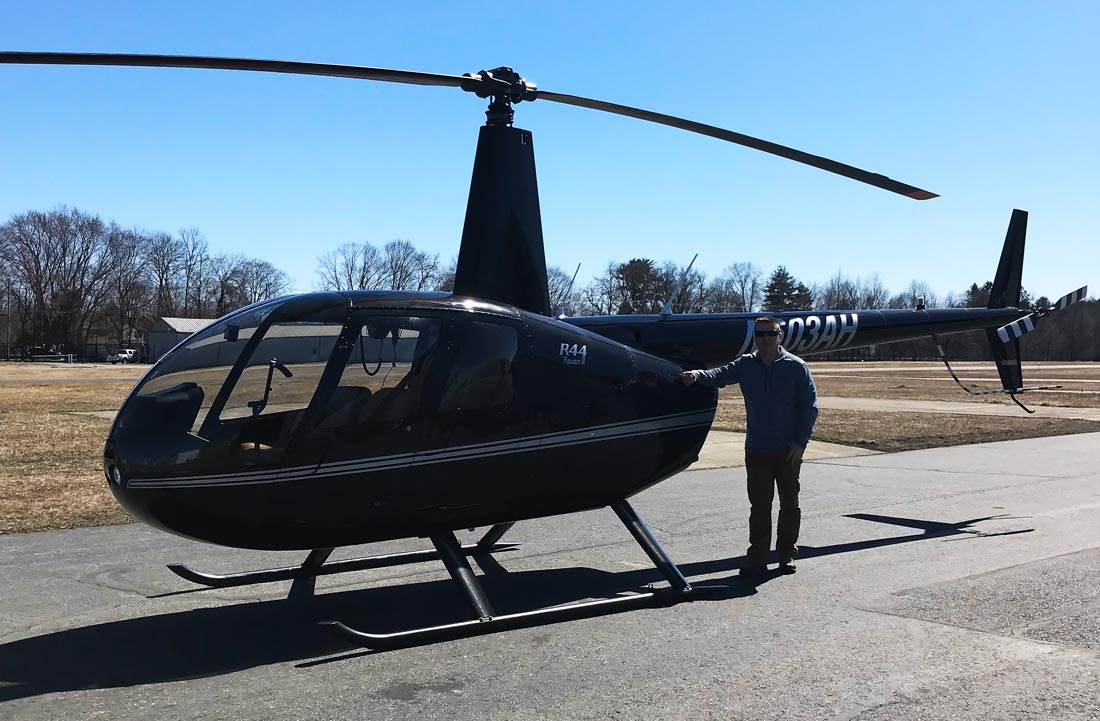
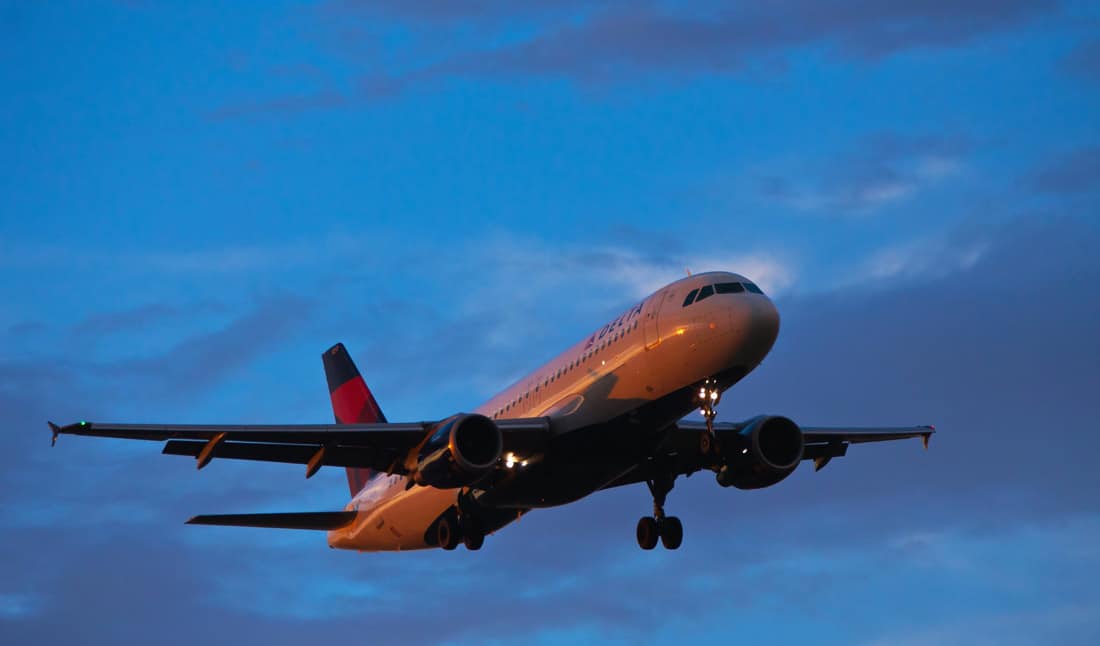
Good article. The only thing maybe I’d emphasize more is how good pilots are always striving to learn and improve. Bob Hoover has spoken very well on this point.
The negatives, especially the broken homes/marriages/families, are why I decided to build airplanes for employment, and fly them for fun. So I got into aerospace engineering; I get paid to play with flying machines all day, and I can afford to spend some free time in my local FBO’s 1946 J-3 Cub. Staying out of the airline grind keeps aviation fresh and fun, at least for me. Someday if finances and whatnot allow, I might go into missionary flying. Whatever I do, family is definitely first, and my aviation passion must work with and be inclusive of my family.
Dear Sir, I’ve found your article randomly, and thought this is a very well written article,
(In fact, all the articles in the blog are awesome.)
I am an airline pilot as well. Do you mind if I translate this article into Çhinese and publish on my Facebook?
Thank you so much!
Expect more coming from you, sir!